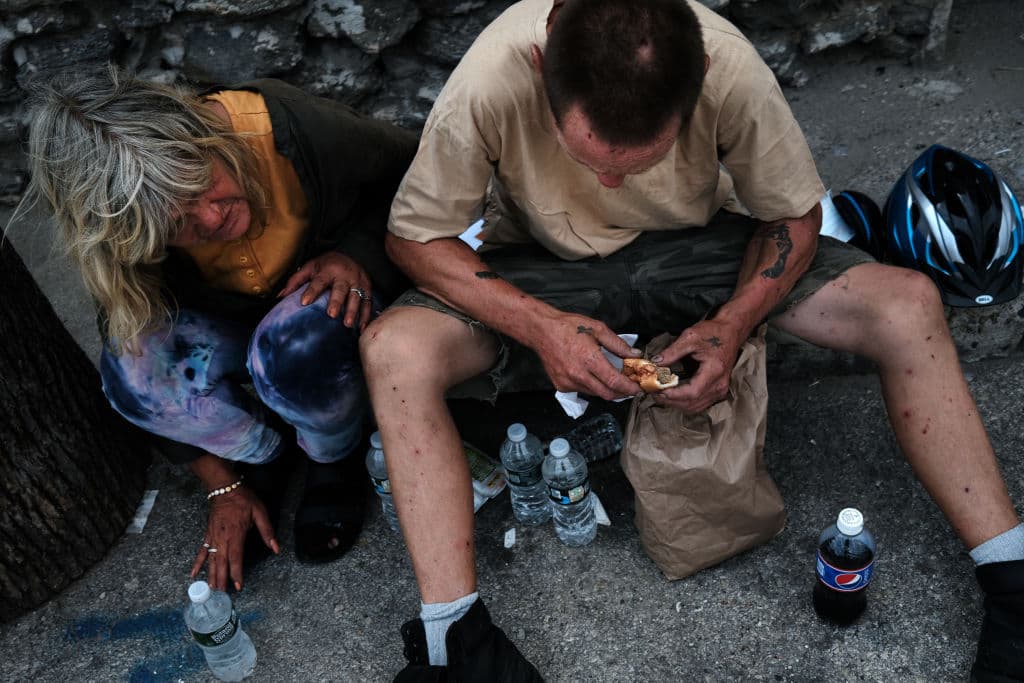Justice Department Move Would Block ‘Safe Injection Site’ From Opening in Philadelphia’s Notorious Kensington Neighborhood, Ground Zero of Fentanyl Crisis
The Biden administration could be backing away from its full embrace of the ‘Harm Reduction’ approach to drug use.

Is the Biden administration backing away from its tenuous support for supervised injection sites? The Department of Justice’s latest move regarding Philadelphia’s contentious Safehouse supervised injection site case indicates so — and reelection politics are likely at play.
After more than six months of mediation, the Department of Justice filed a motion last week in federal district court to dismiss a Trump-era lawsuit against the Philadelphia nonprofit, Safehouse, over its plan to open a so-called supervised injection site. The Justice Department and Safehouse had started mediation in early January, and the expectation, based on Department of Justice statements, was that they would come to some sort of agreement that would allow the site to open.
A login link has been sent to
Enter your email to read this article.
Get 2 free articles when you subscribe.

